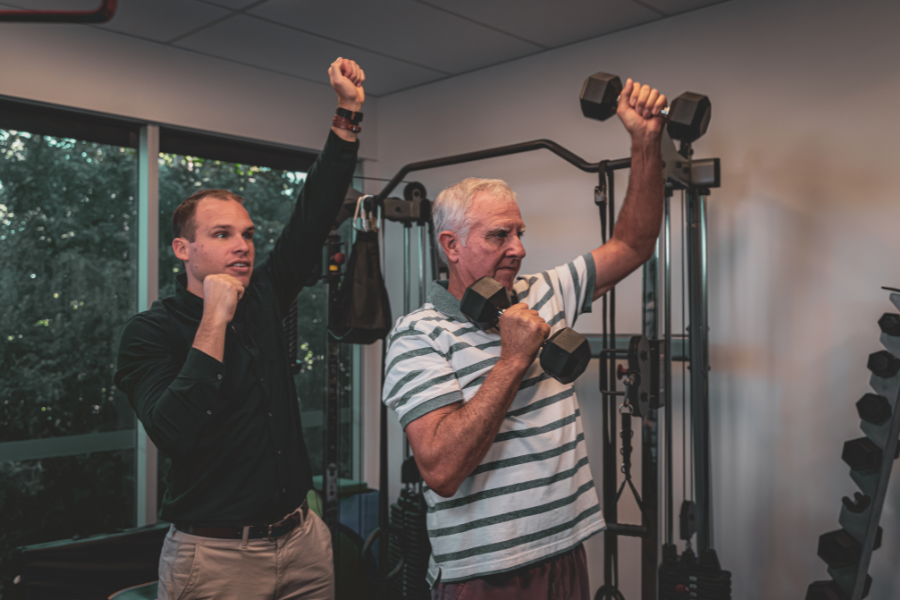Exercise physiologists are an integral part in both public and private healthcare, and they undergo years of clinical training and accreditation in Australia. Their expertise in understanding the body's response to physical activity, makes them experts in creating clinical exercise programs tailored for specific health conditions.
Understanding the role of an Exercise Physiologist
Exercise physiologists are highly trained healthcare professionals who operate within both the public and private healthcare sectors. To qualify as an Exercise Physiologist in Australia, a four-year undergraduate university degree is required, followed by an accreditation application through the regulatory body ESSA.
An Exercise Physiologist's expertise lies in analysing how the body's cardiovascular, respiratory, muscular, and metabolic systems react and adapt to exercise, and how this can affect an individual's long-term health and current health condition. With this understanding, they design clinical exercise programs aimed at improving overall health, managing chronic conditions, and improving athletic performance.
Assessment and Analysis
One of the primary responsibilities of an Exercise Physiologist is conducting comprehensive assessments. They utilise various tools and techniques to evaluate an individual's physical fitness, mental wellbeing, lifestyle factors, health conditions, and exercise tolerance. These assessments often includes measuring heart rate, blood pressure, oxygen, flexibility, and strength.
Exercise Physiologists also conduct work assessments to determine a person's suitability for specific roles based on their physical capabilities.
Clinical Exercise Programs
Once you have gone through an assessment, your Exercise Physiologists will provide you with a personalised clinical exercise program. These plans take into consideration a person's lifestyle, medical history, current medications (if applicable), and fitness objectives. Whether the goal is weight loss, rehabilitation from an injury, managing chronic diseases like diabetes or cancer, an Exercise Physiologists will develop programs that address these specific needs.
These exercise programs are not one-size-fits-all; they are meticulously structured, incorporating various types of exercises, intensity levels, duration, and frequency. The aim is to ensure safety, efficacy, and long-term adherence while maximising the benefits of physical activity.
Advocates for Health & Wellbeing
Exercise Physiologists also play a pivotal role as educators. They share information about the importance of exercise and how it can impact your lifestyle and longterm health. Through education, they empower individuals to take charge of their health, encouraging them to adopt healthier lifestyles and make informed choices about physical activity.
Beyond their direct interactions with individuals, exercise physiologists also contribute to public health initiatives by promoting physical activity in communities. They engage in research, developing evidence-based strategies to enhance exercise interventions, improve fitness outcomes, and prevent diseases related to sedentary lifestyles.
Their advocacy for physical activity as a crucial component of a healthy lifestyle extends to workplaces, schools, and community centers, aiming to create environments conducive to regular exercise and improved overall health.
The role of an Exercise Physiologist is multifaceted and includes clinical exercise assessment, personalised exercise programs, education, and advocacy. Their expertise not only help individuals improve their health, but also contributes significantly to preventive healthcare and the overall well-being of communities across Australia. As we continue to recognise the importance of physical activity in maintaining a healthy lifestyle, Exercise Physiologists stand as invaluable healthcare professionals who empower us to lead healthier and more active lives.
Contact us today to book your next appointment.

